Two Southern Baptist chaplains from Alabama were honored for their decades of military service June 14 during a chaplains’ breakfast hosted by the North American Mission Board. They happen to be best friends.
Both veterans of the U.S. Navy, Rear Admiral Endel Lee retired last fall, and Commander Scott Morton retired in 2019. They met nearly 40 years ago as students at the University of Mobile and have maintained a strong friendship amid similar work.
“I’ve stood by gurneys where my boots were surrounded by blood, and God makes all the difference in times like that,” Lee told The Alabama Baptist.
Endel Lee honored
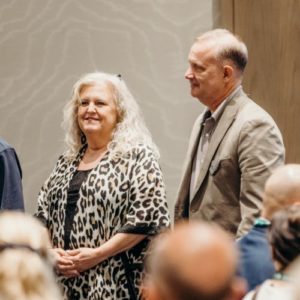
Born and raised in Tanner Williams, a small community west of Mobile, Lee joined the Marine Corps Reserves to help pay for college. Five members of his family served in the military, including his grandfather who gave his life in the Battle of Okinawa in World War II.
Lee didn’t tell anyone he was going to enlist. He just got up one morning and was convinced God wanted him to do it. When he got home and told his mother, she cried because she knew the cost. She had grown up without her father after he wore the uniform.
After college, Lee moved to Southwestern Baptist Theological Seminary and eventually earned three degrees there, including a doctorate. He was pastor of First Baptist Church in Roanoke, Texas, for five years and served as a hospital chaplain.
In 1993, Lee was commissioned as a Southern Baptist chaplain in the Navy Reserve, which meant he could be assigned to the U.S. Coast Guard and the U.S. Marine Corps as well. He was deployed to New York City in 2001 following the Sept. 11. attacks and went on to serve in Iraq.
When he returned to the U.S. in 2005, he served nearly a year on active duty supporting rescue and recovery operations along the Gulf Coast with the Coast Guard in response to Hurricane Katrina. Later he served in Afghanistan and Africa.
In 2010, Lee was recognized as the Reserve Officers Association chaplain of the year.
Concurrent with his military service, Lee served as professor of preaching and pastoral work at New Orleans Baptist Theological Seminary’s Leavell College until Hurricane Katrina drove his family back to Mobile.
Once there, he served seven years as director of spiritual care for disaster relief with NAMB before taking on the role of national catalyst for church planting in military communities, a role in which he still serves despite his military retirement.
Lee and his wife Kathy, who he met in music class at the University of Mobile, have two sons.
“I often tell people I don’t consider myself a hero,” Lee said. “I got to be the hero helper and cross the shadows with many of those folks that are the heroes that serve our country.”
The honor of serving God and country simultaneously is something that stands out to Lee as he looks back. Getting to represent the presence of God on the battlefield and to connect soldiers to local church resources was fulfilling, he said.
“Hopefully those things will create ripple effects into eternity that I cannot estimate even today,” Lee said. “I’m just thankful for the privilege to serve.”
Scott Morton honored
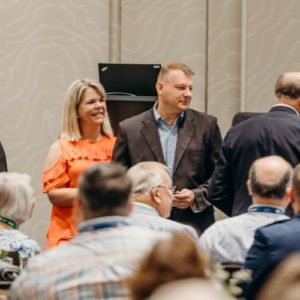
Morton, who now serves as pastor of connections and generational ministries at Westwood Baptist Church in Alabaster, joined the Navy as a chaplain in 1994 and served 25 years active duty. He grew up in Fairfield, and got through college and seminary at Southwestern without ever speaking with a recruiter, he said.
“When I came home with my resume, ready to find a church, I couldn’t find a church,” Morton told The Alabama Baptist. “I was young and had no experience, really. I wasn’t married.”
Then he heard about a clinical pastoral education program at Princeton Baptist Medical Center in Birmingham and decided to join.
“During that time at the hospital as a chaplain, I saw a flyer about the Navy,” Morton recounted. “You could become a pastor aboard this aircraft carrier. I was curious about that, so I just started calling the Navy and talking to recruiters.”
Morton ended up being stationed in California and then on ships in support of the wars in Iraq and Afghanistan, among other places.
“I’d go to work, and it would be a mission field,” he said. “I got a chance to work alongside of people, and you have a chance to earn respect and share the gospel with them because you live with them, you walk beside them, you deploy with them.
“Misery loves company, so to speak, so they see you’re out there when it’s hot or missing holidays and anniversaries, so you build a chance for them to listen to you,” Morton said. “You have a chance to build relationships, and some of them last a long time.”
Something he noticed was that some of the men grew up in Southern Baptist churches, but they had not been discipled. “So their faith was real shallow,” he said, noting that the pressures of life would threaten to take them down.
“That’s why I encourage churches to disciple people. Let them know what they believe and why they believe it so when life comes at them hard they know what they need to do and have hope more than they ‘think,’ or they ‘hope so.’ They know so because they’ve been discipled.”
One of the highlights of Morton’s service was being tapped to assign chaplains throughout the Gulf Coast for the Coast Guard after Hurricane Katrina. He had been living in New Orleans, and a few days after the hurricane hit, he flew back to the command center.
“I put the ministry of presence out there so those that are out there during the recovery and rebuilding could have a chaplain presence out there, someone they could talk to on the ground with them,” Morton said.
Like his friend Lee, Morton said chaplaincy service “was a chance to serve God and country at the same time.”
Morton and his wife, Melinda, have two sons.

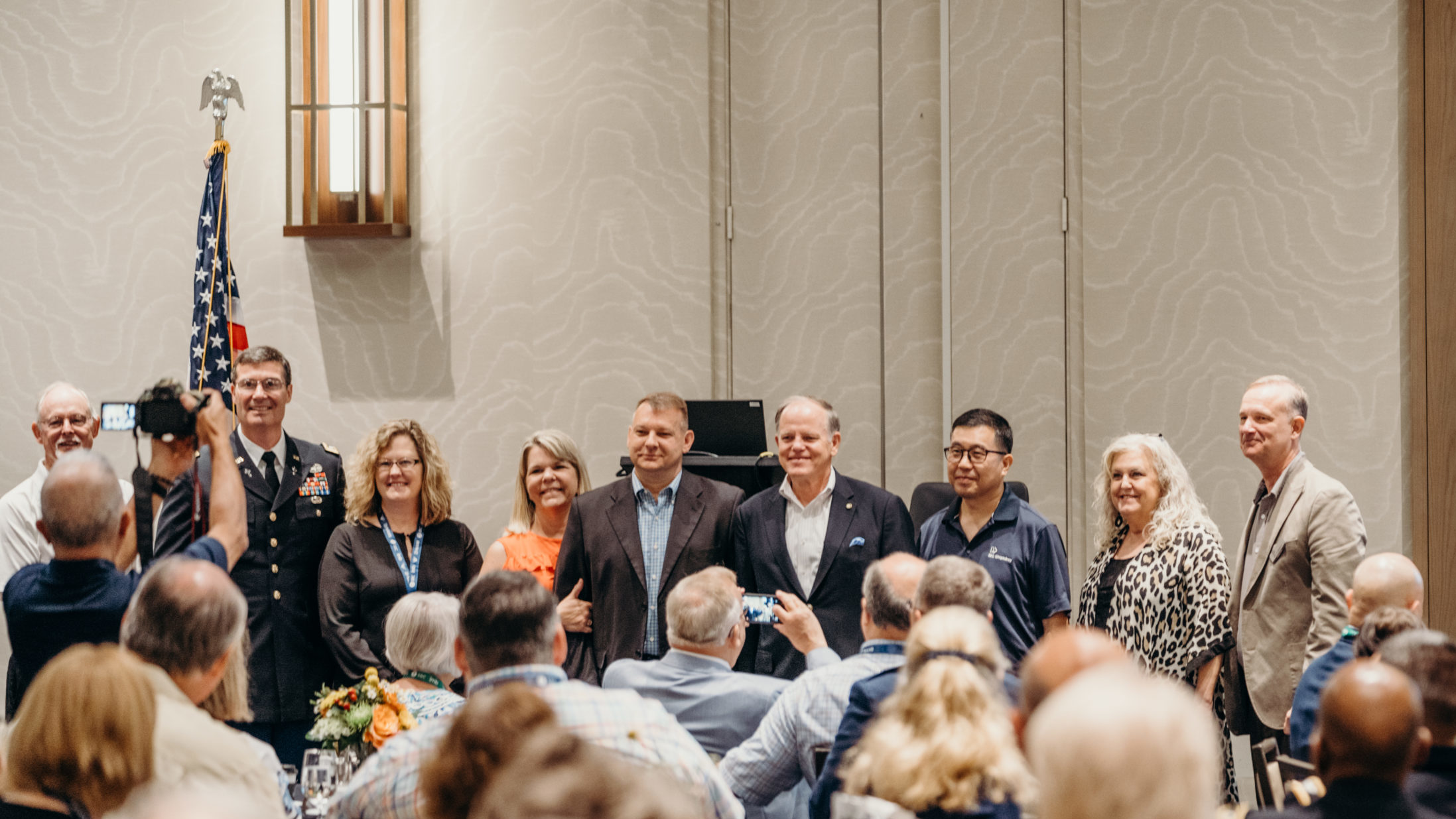
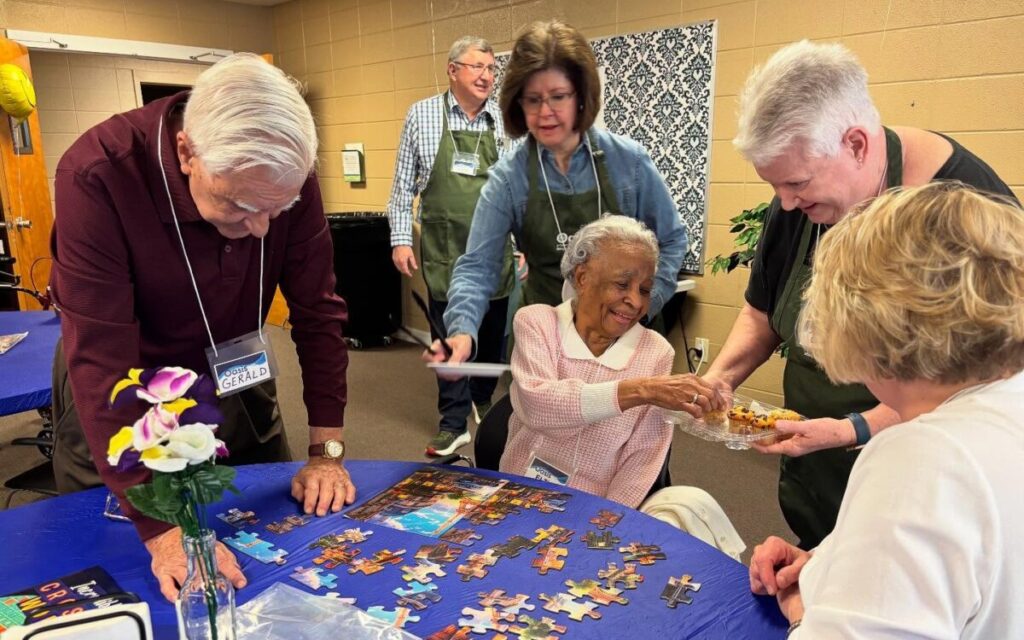
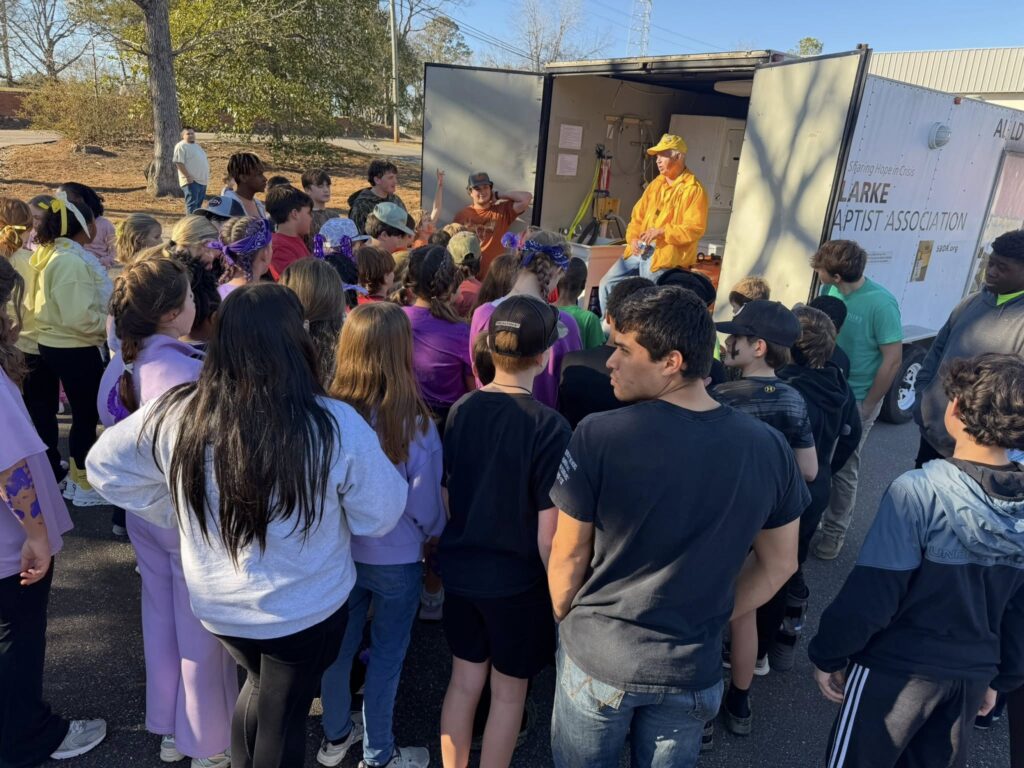
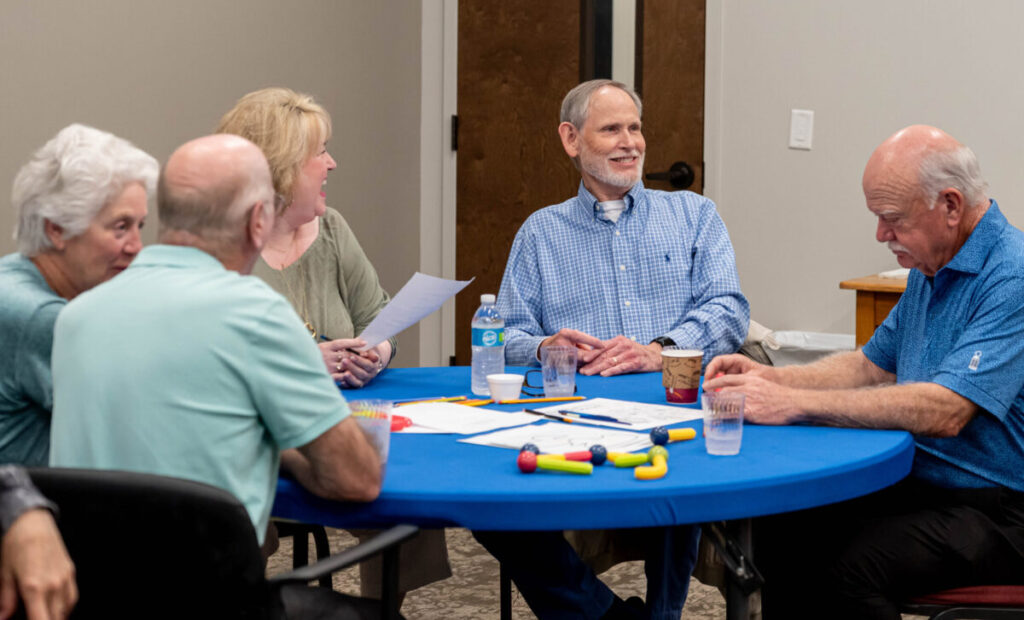
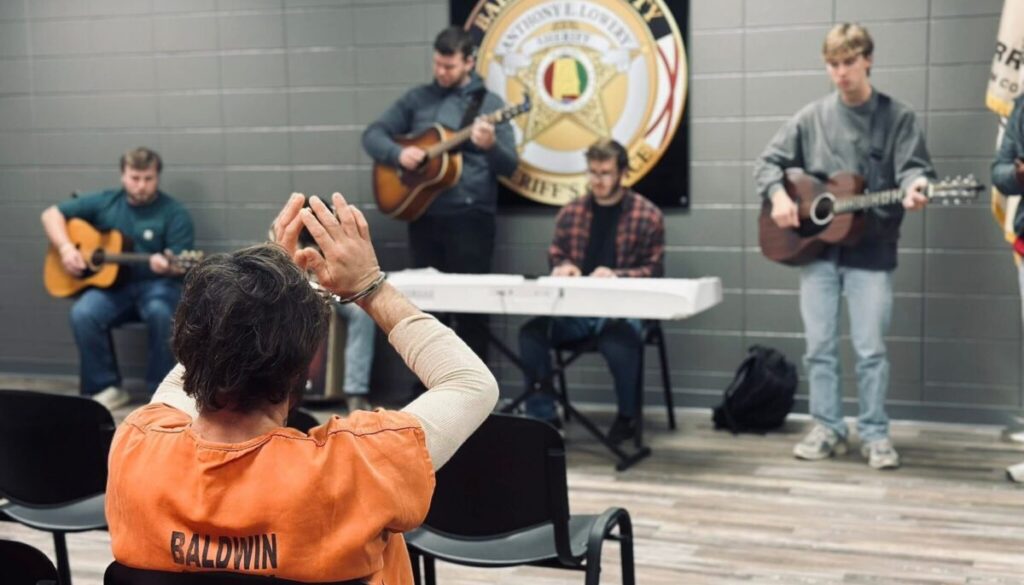
Share with others: